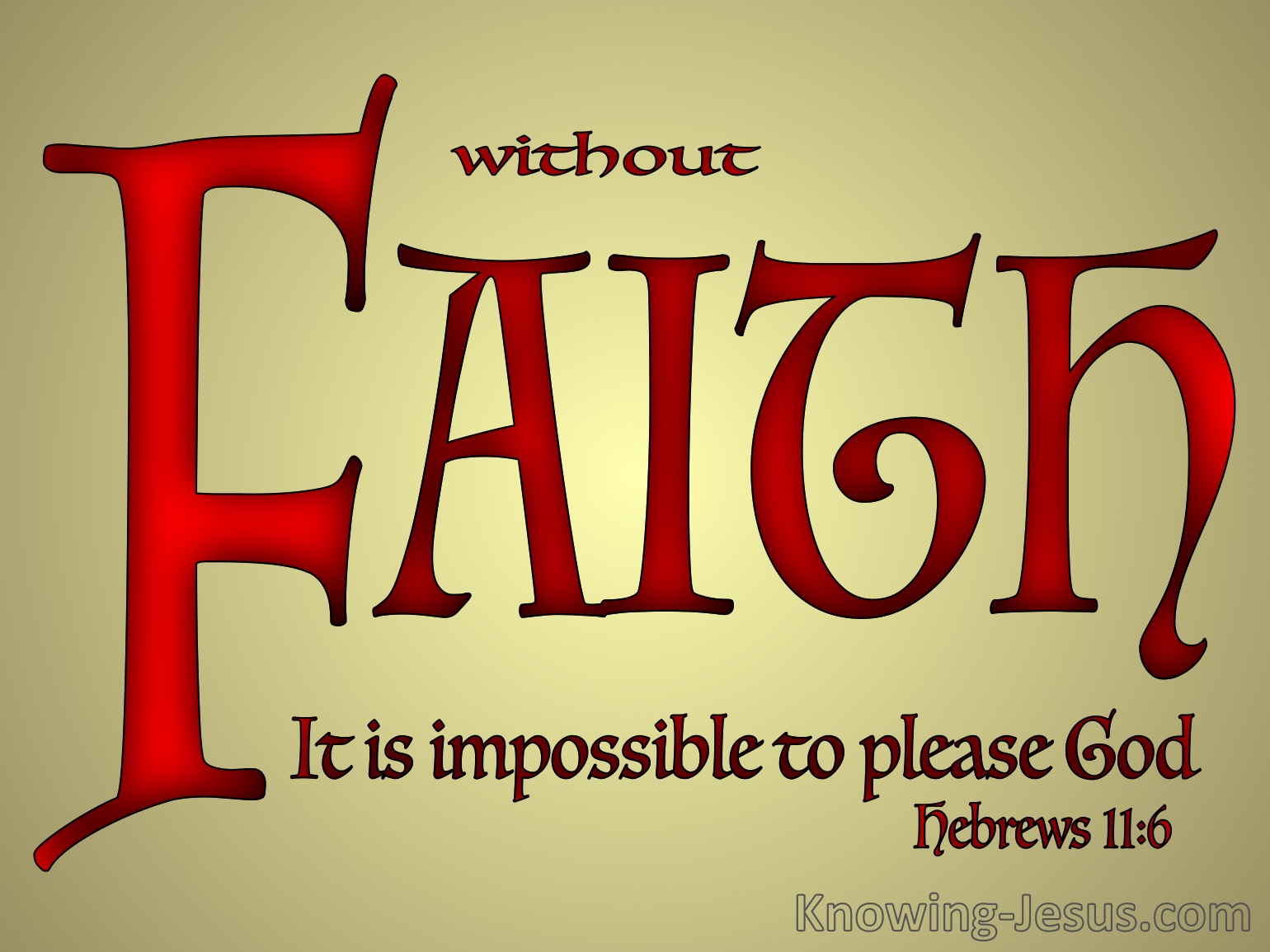In almost every discussion of the abiding nature of the Christian Sabbath, my experience has been that the anti-Sabbatarian will refer to Colossians 2:16: "
Therefore let no one pass judgment on you in questions of food and drink, or with regard to a festival or a new moon or a Sabbath." The argument is that Paul here is telling us that the Sabbath is adiaphora, a matter of preference only.
What I have never had was an anti-Sabbatarian who mentioned the next verse, Colossians 2:17: "These are the shadow of things to come, but the substance belongs to Christ."
This is one of those cases where the context is so obviously contrary to the argument being made that it is painful to hear yet again. In verse 16, the items mentioned are food rules, of which there are none ion Christianity, except to avoid meat sacrificed to idols, unlike the many rules in Judaism; to festivals, of which there are none prescribed in Christianity, but several in Judaism; new moons, which are celebrated in Judaism, but not in Christianity; and finally the Sabbath. According to the opponents, Paul rejected the Mosaic rules of Judaism for three things, but left the fourth to be taken generally. Context matters!
This is confirmed in verse 17, where Paul refers to these ceremonies of Judaism as completed in Christ. As he said to the Galatians, why hold on to the shadows when we have now received the reality? And what is the reality of the Sabbath?
"At that time Jesus went through the grainfields on the Sabbath. His disciples were hungry, and they began to pluck the heads of grain and to eat. But, when the Pharisees saw it, they said to Him, 'Look, Your disciples are doing what is not lawful to do on the Sabbath.' He said to them, 'Have you not read what David did when he was hungry, and those who were with him: how he entered the house of God and ate the bread of the Presence, which it was not lawful for him to eat nor for those who were with him, but only for the priests? Or have you not read in the Law how, on the Sabbath, the priests in the temple profane the Sabbath and are guiltless? I tell you something greater than the temple is here. And if you had known what this means, I desire mercy and not sacrifice, you would not have condemned the guiltless. For the Son of Man is Lord of the Sabbath'" (Matthew 12:1-8).
If the Sabbath, as such, had been abrogated, this was the opportunity for Jesus to say so. Yet, He didn't. Why? Because, He says, He is the Lord of the Sabbath. Not was. That is why the writer of Hebrews can tell us that there remains a Sabbath rest for the people of God (Hebrews 4:9). It would have been silly for Jesus to claim to be the Lord of something which was passing away!
If a person were to argue that the code of Moses added ceremonial elements to the Sabbath, then he would be correct. However, if he were to assert that there is no Sabbath apart from those Mosaic elements, then he would be wrong. That is what Paul addresses in Colossians 2:16. If a Christian celebrates the Sabbath without the Jewish ceremonial elements, then he should be free from the judgment of others. Paul neither says nor implies that the person is thereby freed from the Fourth Commandment. That would be to be guilty exactly of that of which his critics accused him, of being an enemy of the Law (e. g., Acts 18:13).








